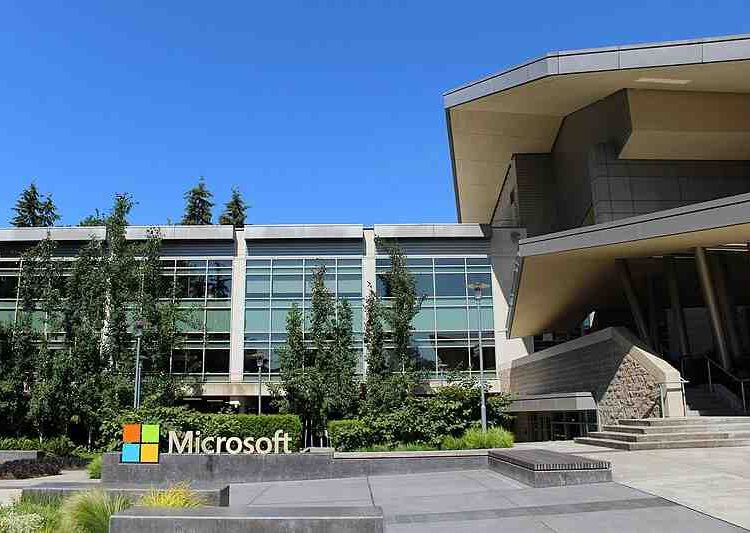Markets react as inflation data challenges expectations
- Higher-than-expected January inflation pushes out forecast for interest-rate decreases
- Markets now expect a rate cut in June
- Federal Reserve rate increases could be in play
- Stocks sell off, bond yields jump
- Consumer Price Index increases by 0.3% in January
- Core CPI rises 0.4% to stretch 12-month gain to 3.9%
- Inflation remains a difficult problem
- Interest-rate futures pricing implies less than 10% chance of rate cut next month
- Fed is in wait-and-see mode
- Monthly inflation readings will continue to be important
- Debate over inflation’s path continues
- Arguments on both sides for rate increases and rate cuts
- BofA Securities economists still expect rate cuts to begin in June
A higher-than-expected January inflation reading has pushed out Wall Street’s collective forecast for interest-rate decreases in 2024. Markets now don’t expect a cut until June, and a resumption of Federal Reserve rate increases could even be in play. Stocks were selling off on Tuesday, with the S&P 500 down 1.2% and the Dow Jones Industrial Average off 455.18 points, or 1.2%. Bond yields jumped—the two-year U.S. Treasury note yield hit 4.61%, up by 0.11 percentage point to its highest level in about two months. The Consumer Price Index increased by 0.3% in January, a tenth of a point more than expected and up 3.1% from a year earlier. The core CPI, which excludes volatile food and energy components, rose 0.4% last month to stretch its 12-month gain to 3.9%—matching the December change and arresting a trend of declining inflation in place for most of the past year. Interest-rate futures pricing on Tuesday morning implied a less than 10% chance that the Federal Open Market Committee will lower its rate target next month, down from nearly 80% a month earlier, and no chance of a hike. The Fed is in wait-and-see mode, with Chairman Jerome Powell recently emphasizing that while inflation has come down significantly from its peak, policymakers are unconvinced that the battle has been won. Markets—and the Fed—will remain sensitive to the monthly inflation readings, as the debate over inflation’s path rages on. BofA Securities economists still expect rate cuts to begin in June.
Public Companies: Federal Reserve (N/A)
Private Companies: Independent Advisor Alliance, BofA Securities
Key People: Jerome Powell (Federal Reserve Chairman), Chris Zaccarelli (Chief Investment Officer for Independent Advisor Alliance)
Factuality Level: 7
Justification: The article provides information about the higher-than-expected January inflation reading and its impact on Wall Street’s forecast for interest-rate decreases. It includes data on stock market performance, bond yields, and the Consumer Price Index. The article also quotes experts and provides different perspectives on the future of interest rates. Overall, the information presented is factual and supported by data, but there is some speculation and uncertainty regarding future events.
Noise Level: 3
Justification: The article provides relevant information about the higher-than-expected January inflation reading and its impact on Wall Street’s forecast for interest-rate decreases. It includes data on stock market performance, bond yields, and the Consumer Price Index. The article also quotes experts and provides different perspectives on the future of interest rates. However, the article lacks in-depth analysis and actionable insights.
Financial Relevance: Yes
Financial Markets Impacted: Wall Street, S&P 500, Dow Jones Industrial Average, bond yields
Presence of Extreme Event: No
Nature of Extreme Event: No
Impact Rating of the Extreme Event: No
Justification: The article discusses the impact of higher-than-expected January inflation on Wall Street and the Federal Reserve’s interest-rate forecast. While there is no extreme event mentioned, the financial markets are directly affected by the inflation data and the potential implications for interest rates.
 www.marketwatch.com
www.marketwatch.com 





